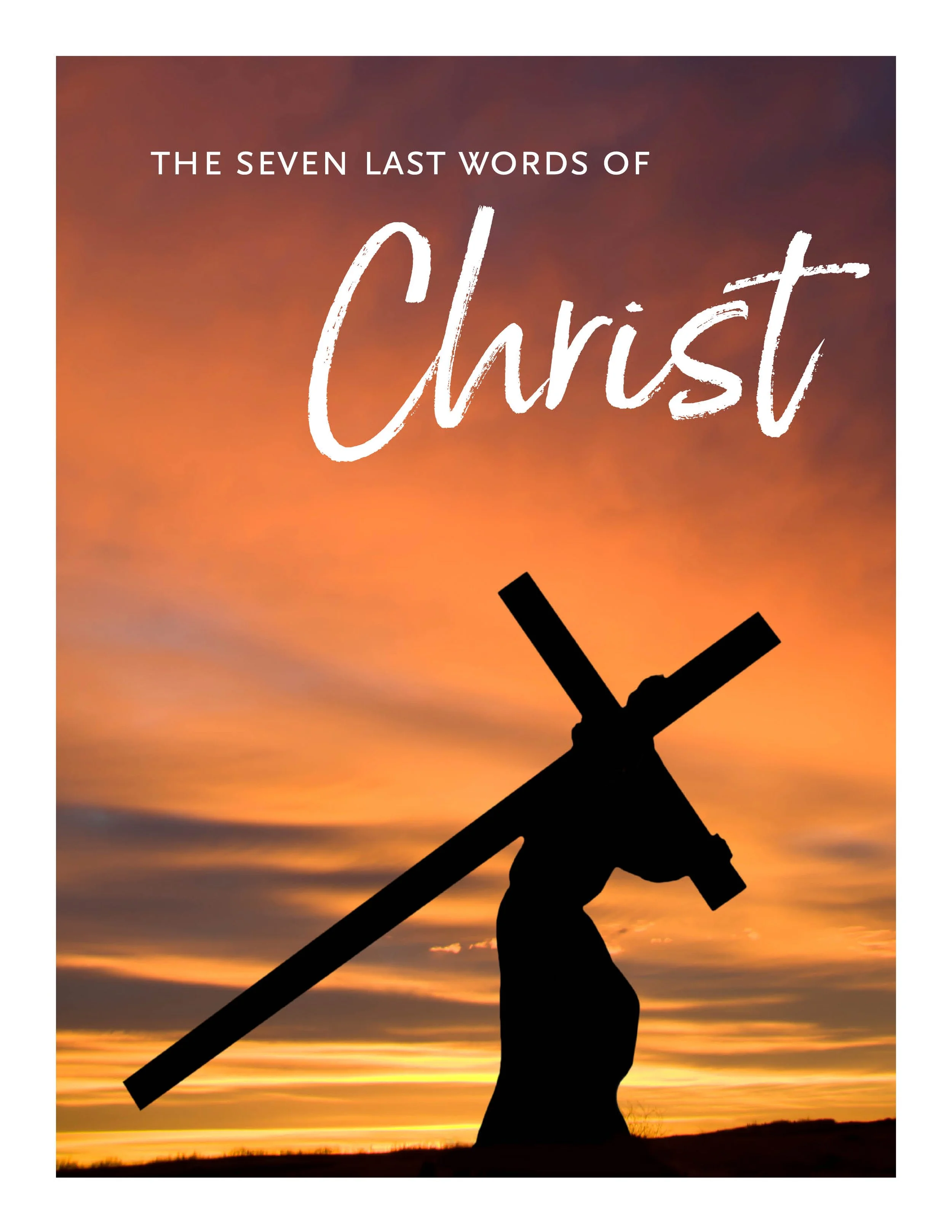About a year ago (9/21/22) I wrote a post called, "Control. Control. Control." It was inspired by a German sociologist named Hartmut Rosa, and his little book called The Uncontrollability of the World. The modern gambit of living is the idea of controlling contingency, uncertainty, unpredictability, and time itself, he says. But the more we try, the more uncontrollable the world feels. Ok. For more on that, take a look back at "Control. Control. Control."
Here, I want to riff a bit more on Rosa's thoughts. This time on some ideas around which I and a couple of other preachers have shaped a sermon series. They're inspired by the idea at the root of Rosa's social theory. The idea's not new to him, but he's spent a career thinking about it. That's the thought that behind our attempts to control life (and the irony that the more we try, the more we fail), is the modern wager made on acceleration, on speed, on the idea that if we can get there (wherever) faster, or think it faster, or read it faster, or make it faster, or remember it faster, or live it faster, we'll be able to cheat time and gain an edge over the things that worry us. We'll get more. We'll know more. We'll win more often. We'll feel closer. We'll find our "selves."
With this comes a set of realities we have a hard time stepping back from. I'll name them with five "a"s: acceleration (as I just said), amplification (shouting to get attention), accumulation (getting more as a hedge against losing the race), argumentation (losing capacity to listen well), and alienation (dividing ourselves from each other, so to be less encumbered). When everything is accelerated, we quickly get bowled over and life gets harried. When we have to shout to be heard, no one is hearing anyone--we're just shouting. When we have to have more in order to feel protected, we feel more and more vulnerable to forces of collapse and loss--and we lose the capacity to live well with less. When all we know how to do is argue, we have fewer and fewer life-creating conversations and we actually learn less and less. And when we separate ourselves from each other, we don't really become freer. To the contrary, we become bound to ourselves without support or love, or accountability from others.
But I named this sermon series, "Holy Healing." I did so thinking there are irregularly placed spots we can stand on to see (or feel) something healthier than what these "Ills" would leave us with.
And, yes!, I think there are.
To acceleration, we can be intentional and careful about going slow now and then. Spend time with someone—a child, an older adult, someone with a chronic illness, or someone who's just figured out how to go slower. Resist the idea of having "the latest." Fix something that's broken instead of just replacing it. And read stories of Jesus going off to pray, and asking his disciples to stay up with him, and echoing the psalmists who say, "Wait for the Lord."
To amplification, turn the volume down now and then—or off altogether. Listen to a point of view before responding to it—hearing behind trigger words for what someone is trying to say even when they don't know how to do anything other than shout. Whisper sometimes, and see how people respond. Or say nothing, and let silence come.
To accumulation . . . . think more about using things than having things. Celebrate when you give something away. Think more carefully about what you need. Spend time with people who have less and learn more about what they do have.
To argumentation, the prescription is pretty similar to the one for amplification: listen a bit more carefully and more creatively. Try to help others speak their thoughts, even if you disagree. State your thoughts, but not first. And remember Justice Learned Hand's words that the art of democracy is not knowing you're always right.
And against alienation, find a community of friends, family, church who practice these arts of resistance to the "a"s (acceleration, amplification, accumulation, argumentation, alienation), and get their help. And help them too. And live reconciled, for that is what God wants for you. And that is what God wants for me too, I think.













